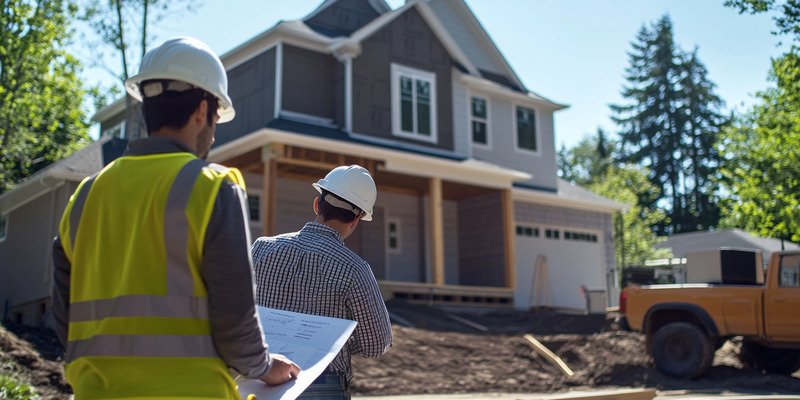
The Importance of Pulling Permits for Residential Properties in Texas
When undertaking work on residential properties, you almost always need to pull permits, and failing to do so can lead to significant liabilities. Here’s a concise look at the permitting process, its importance, and the potential consequences of bypassing it.
The Permitting Process
Permitting ensures that construction or renovation work complies with local building codes and safety standards. Typically, the municipality or city where the property is located oversees this process. Permits are usually required for structural modifications but may not be necessary for non-structural, cosmetic changes.
Structural Modifications: These include alterations affecting the foundation, walls, roof, or overall layout of the property. Examples are adding a new room, tearing down a wall, or modifying plumbing and electrical systems. These projects almost always require a permit.
Cosmetic Modifications: These refer to surface-level changes such as painting, replacing fixtures, or updating cabinets. Such changes usually do not require a permit unless they involve significant electrical or plumbing work.
Risks of Not Pulling Permits
Failing to obtain the necessary permits can have several repercussions:
- Legal and Financial Liability: If unpermitted work is discovered, homeowners might face fines or be required to demolish or redo the work.
- Resale Issues: When selling the property, homeowners must complete a seller’s disclosure form. This form asks if any work requiring a permit was done without one. Answering truthfully could deter potential buyers, while lying can lead to legal consequences.
- Retrofitting Permits: If unpermitted work is discovered, obtaining a permit retroactively involves additional fees and extensive inspections. This process can be costly, as it might require opening up walls or other completed work for inspection.
The Inspection Process
Building inspections are conducted at various stages of the construction process. Inspectors ensure that the work complies with building codes and safety standards. If you try to pull a permit after the work is completed, inspectors will need to see all aspects of the construction, often requiring significant demolition to verify compliance.
Best Practices for Homeowners
To avoid the pitfalls associated with unpermitted work, homeowners should:
- Confirm Permit Requirements: Always check with your local building department to determine if your project requires a permit.
- Ensure Contractor Compliance: If you hire a general contractor, confirm that they will handle the permitting process and ensure they follow through.
Maintain Transparency: If you have unpermitted work, be honest about it when selling your property. It’s better to address the issue head-on rather than risk legal complications later.
All information provided on Silblawfirm.com (hereinafter "website") is provided for informational purposes only, and is not intended to be used for legal advice. Users of this website should not take any actions or refrain from taking any actions based upon content or information on this website. Users of this site should contact a licensed Texas attorney for a full and complete review of their legal issues.
